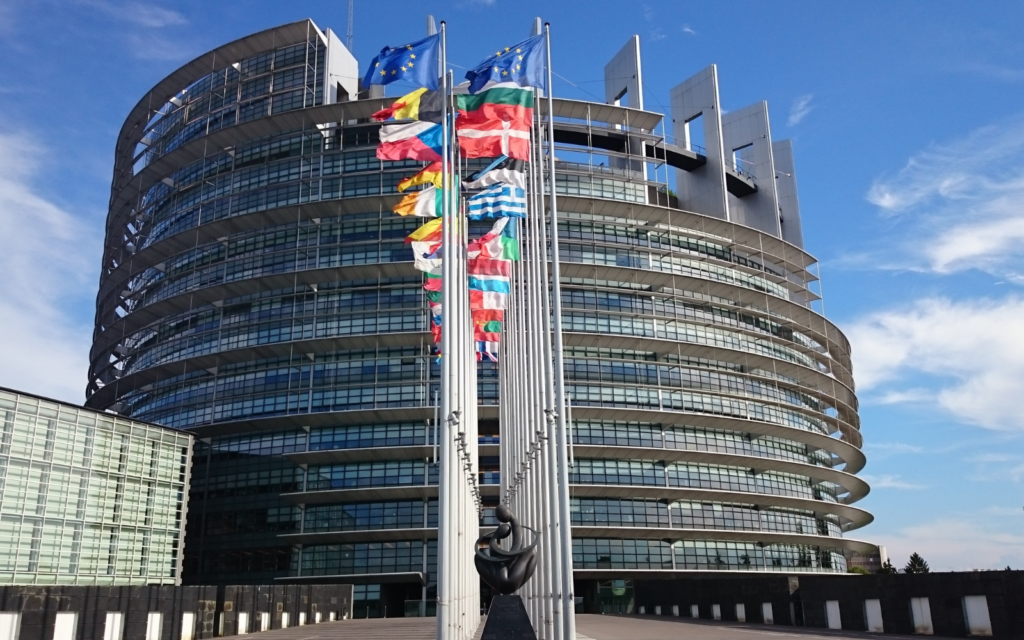On the 26th Of February 2025, the European Commission formally released the EU Omnibus package which consolidates ESG and sustainability regulations including the Corporate Sustainability Reporting Directive (CSRD), Corporate Sustainability Due Diligence Directive (CSDDD), The EU Taxonomy, and the Carbon Border Adjustment Mechanism (CBAM) into one simplified package.
Last week saw more upheaval in the European sustainability regulatory space with the European Parliament voting on the ‘Stop the Clock’ proposal.
What is ‘Stop the Clock’?
On 3rd April, MEPs voted through the ‘Stop the Clock’ motion, which proposed a delay to mandatory reporting under the EU’s sustainability regulations. The vote passed with a large majority: 531 MEPs voted for the motion and 69 against, with 17 abstentions.
The key details of the legislation include:
- Large companies (3,000+ employees, €900M+ turnover) and non-EU firms exceeding this threshold in the EU will be granted a one-year extension and will have until July 2028 to report.
- Delay to national transposition of CSDDD by 1 year to July 2027
- Delay to future CSRD reporting for 2 years
This applies to Wave 2 (non-NFRD large companies within the EU or with subsidiaries in the EU) and Wave 3 (listed SMEs), who would start reporting in 2028 instead of 2026 and 2029 instead of 2026, respectively.
Why did it happen?
The ‘Stop the Clock’ motion was the first tabled motion of the wider ‘Omnibus’ package proposed by the European Commission earlier this year. The Omnibus intends to ease the reporting burden with the ‘Stop the Clock’ element proposed to delay timelines to allow in-scope companies more time to prepare.
The Omnibus package remains controversial. Proponents praise that it addresses the challenge of European market competitiveness, especially given the Draghi report published last year and drastic trade policy changes coming out of the US. Critics argue the changes undermine business confidence and represent a reneging of sustainability commitments.
What happens next?
The motion needs to be approved by the EU Council, however this is likely to go through quickly. If approved, member states would have to implement the changes into national legislation by the end of 2025. If it is not approved within 10 months, the original reporting requirements will still apply.
The future of EU sustainability regulation remains uncertain, with the remaining Omnibus measures still to be voted on. The final landscape could look drastically different with further proposed measures to reduce the number of businesses falling in scope and the extent of disclosure. However, recent polling suggests there is still an appetite to continue with the work businesses have put into sustainability compliance: of the 250 medium to large companies recently surveyed, 67% said they would continue with CSRD reporting, with 40% complying voluntarily. Regardless of the final timelines, sustainability reporting will still be a key consideration for EU businesses and preparations for data collection and reporting should continue.
Our thoughts
There appears to be a divide within the sustainability regulations landscape: one camp strongly advocates for stringent reporting requirements, while the other champions initiatives and progress instead. A sustainable future depends on driving progress, however, uniform reporting ensures transparency and accountability to in-scope companies.
The delay in reporting is frustrating, as it seems to represent a step backwards in regulatory progress, especially considering the substantial investments made by Wave 1 companies to produce their initial CSRD-compliant reports. However, Wave 2 and 3 organisations stand to gain a valuable head start in preparing their first reports.
While reporting is burden-some in the early years, it will become more streamlined in the future as companies better understand the requirements and digital tools begin to automate some of the process. In turn, this leaves more room for sustainability professionals to consider future strategies for dialling up impact. In the short term, uncertainty shouldn’t mean inaction. Forward-thinking companies are staying ahead by continuing to prepare reports. Now’s the time to keep the momentum going.
At Positive Planet, we simplify ESG reporting, helping businesses navigate complex requirements with confidence. From data collection and gap analysis to double materiality assessments, our tailored solutions ensure your business can continue to report your progress and be well-versed in your ESG activities as reporting requirements get delayed.

